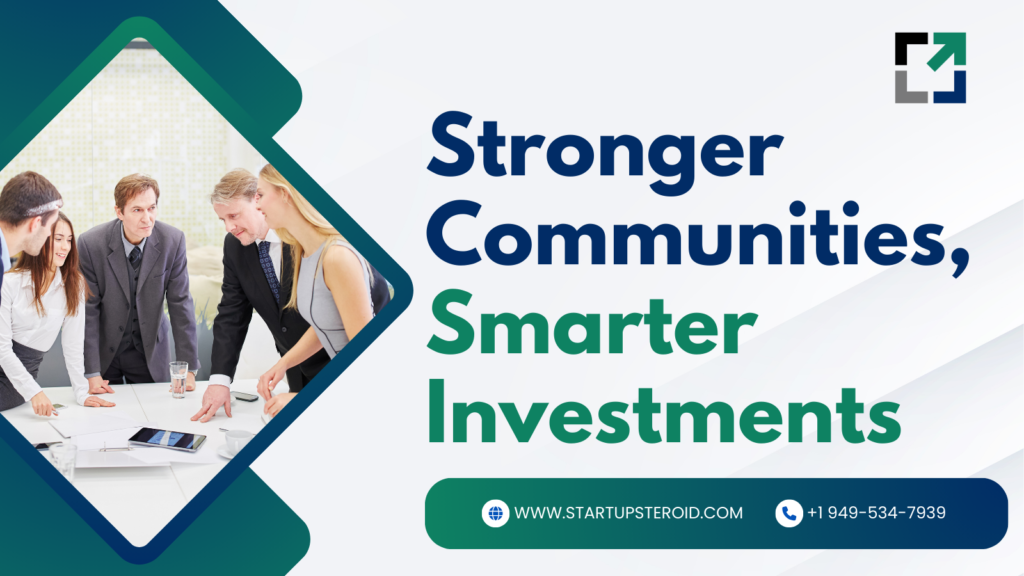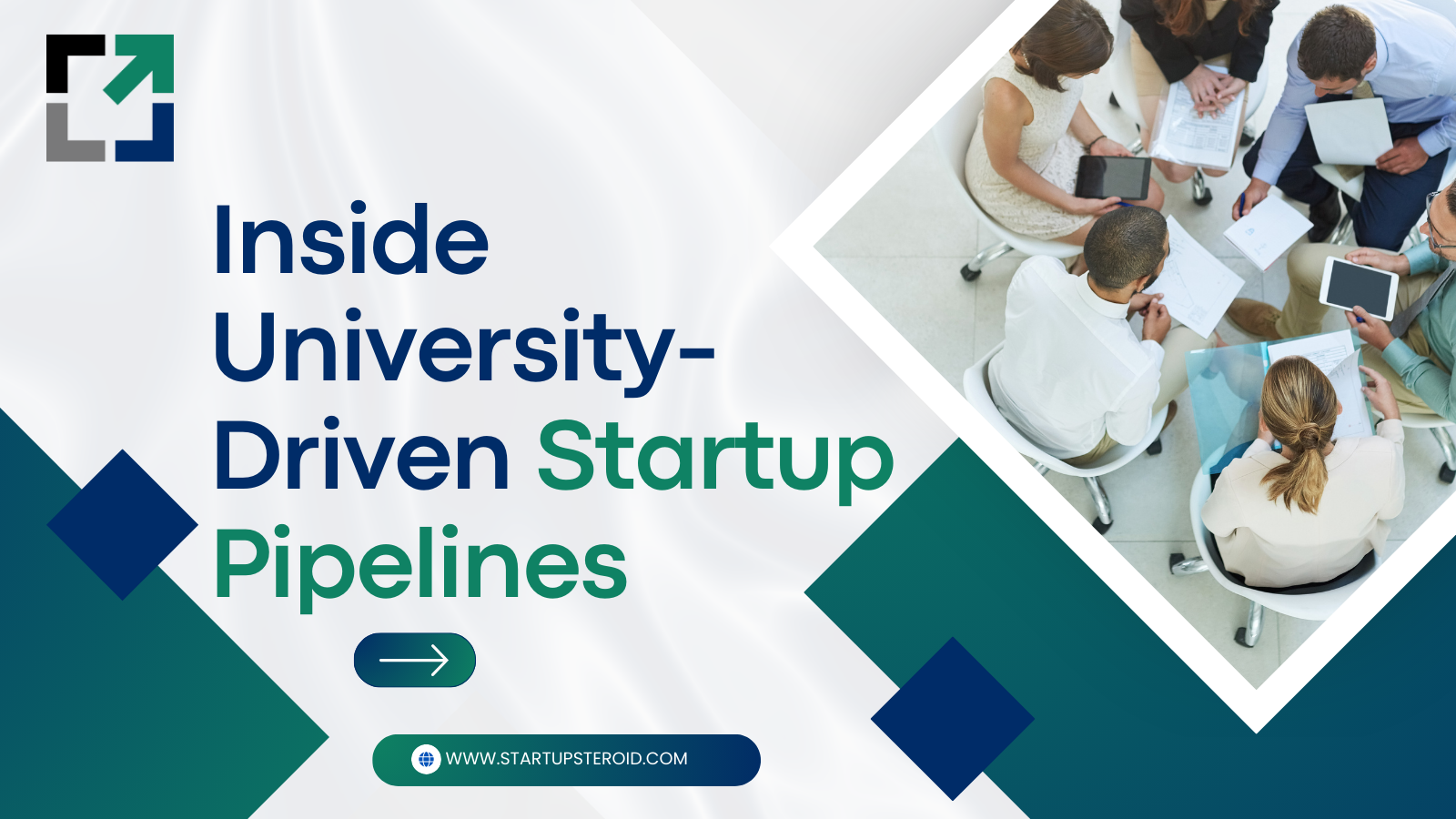In venture capital, deal flow isn’t all about quantities—it’s about access. The best opportunities tend to come from trusted relationships, warm introductions, and credible communities. As the environment grows more competitive, firms that proactively engage with communities are establishing stronger, more consistent pipelines.
Here’s why community engagement is no longer optional—and how it directly supports better deal flow in venture capital.
What Does Community Engagement Mean for VCs?
For venture capital firms, community engagement goes beyond attending demo days or sponsoring startup events. It involves being where innovation is occurring—on Slack communities, at founder events, through university initiatives, and online platforms where startups converge.
It also includes building spaces that attract quality founders, operators, and other investors. This could mean running newsletters, hosting webinars, offering mentorship, or even launching open office hours for early-stage entrepreneurs. These touchpoints don’t just improve visibility—they earn trust.
Trust Drives Access
In the world of deal flow venture capital, access is everything. Founders typically don’t cold-email 50 investors—they talk to the ones they’ve heard good things about or have seen active in their circles.
When a VC partner is heard on an industry panel or offers actual value in an online discussion forum, it bridges familiarity. Eventually, this activity generates inbound interest—startups approach not because of glitzy branding but because of actual presence and contribution.
Trust leads to deal flow. Trust is built through consistent and honest engagement.
A Better Filter for Quality
Engaging with the startup community also helps investors filter through noise. When you’re involved in conversations early—before a pitch deck is even ready—you get a clearer sense of the team, their motivations, and how they think. This insight is often more valuable than a polished presentation.
Venture capital firms that run communities or participate in tight-knit groups often hear about promising ideas before others do. And because these introductions come from people they already trust, the signal-to-noise ratio improves dramatically.
The community not only widens the funnel—it makes it more pointed.
Building a Sustainable Deal Flow Engine
Most firms rely heavily on inbound applications, referrals from portfolio companies, and co-investors to drive deal flow. While these methods are still relevant, they can become outdated or repetitive. Community involvement is a more sustainable option.
For example, some VC funds have created founder collectives—invite-only groups where entrepreneurs share ideas and challenges. These communities double as early sourcing networks. Similarly, when firms support accelerators or run pitch competitions, they’re helping founders and building an ecosystem that feeds future deal flow.
Done right, these efforts build a flywheel. The more value you provide to the community, the more founders want to be part of it—and the more likely they are to bring their next idea to you.
A Strategic Advantage in a Crowded Market
Today’s founders are discerning. With more venture capital available than ever, they can choose with whom they partner. Investors who have shown up, contributed, and stayed involved are more likely to be top of mind.
In competitive rounds, community reputation can make a difference. A partner known for supporting early-stage founders or mentoring underrepresented entrepreneurs stands out. When deals are moving fast, a reputation built through the community can give VCs an edge—because founders feel they already know who they’re working with.
That’s the kind of edge that changes the trajectory of deal flow venture capital firms aim to build.
Conclusion
Strong deal flow is not just a matter of luck or brand—it’s a reflection of how well a venture firm connects with the ecosystem around it. Community engagement isn’t a checkbox activity; it’s a long-term strategy for building meaningful relationships, surfacing high-potential founders, and staying ahead of the curve.
For any fund seeking to strengthen its venture capital deal flow strategy, investing time in communities is no longer optional. It’s where tomorrow’s best opportunities are already taking shape.






